There’s a lot of blaming going around. It’s not that surprising: panic and finger-pointing are both symptoms of larger situational problems. While criticism has value, I am less convinced about the worth of blame. Not only because it’s frequently misdirected, but because constructive action is so much more useful.
I am not suggesting we should not be critical. In some cases, many of us have not been critical enough. It’s what we do with our well-founded criticisms—how we step beyond blame and toward action—that has real value.
Our capacity for organizing toward change and problem-solving is immense. The conversations that AFT 2121 members have recently delved into regarding working conditions, faculty morale, the success of our students, as well as saving public education and the college as a whole have been challenging and enlightening. They increasingly focus on planning, building, and taking action.
We have significant issues to turn our energies toward. We need to keep the community in our colleges and respond to the threat of narrowed educational access represented by the so-called Student Success Act. We also need critical and constructive responses to the increasing threat of privatization, such as the latest move at Santa Monica College to provide access to those who can afford extra, high-demand “toll lane” classes at $200 unit. And we have revenue to bring in.
Strategic planning, organizing, and building collective commitment over the last couple of years led our statewide affiliate, the California Federation of Teachers, to embark on the project that became the Millionaires Tax of 2012. CFT and our community allies recently reached a deal with Gov. Jerry Brown on a merged, compromise tax initiative that would have the collective support of the governor, the legislative leadership, and organized labor. The resulting new initiative is a significant improvement to Brown’s original proposal—now almost all the funding comes from taxing the wealthiest in the state. Thus it has a better chance of success in November, especially with significant resources united to pass it.
It’s a mixed-message compromise, as many have pointed out, because a sales tax, however small, continues to ask California’s working and middle classes to “share the burden” of tax increases, despite Californians’ growing clarity that they have sacrificed enough while wealth disparity has only increased and the rich and corporations have abdicated their civic responsibilities in favor of their pocketbooks.
Our polling for the Millionaires Tax was phenomenal; it was the better measure, but the reality of the political situation did not allow us to make the decision to go forward based on the merits of the initiative alone.
Also phenomenal was the grassroots support that the Millionaires Tax had gained from students, community groups, labor rank and file, Occupy, and other activists. This initiative was a banner we could collectively rally under, and we were gaining momentum; it was also, as I’ve been repeatedly reminded, the first time some of us have felt so strongly about or believed so fully in the state’s electoral process.
The goal was to raise revenue and build a conversation about how funding should happen in this state: why education and social services are essential for the future of our state, why the wealthy should pay rather than extracting further sacrifices from the rest of us. The Millionaires Tax was not an end in itself but part of a larger campaign.
Some of us will be mourning the Millionaires Tax for some time. But we’ll also almost certainly be bringing in more revenue this fall—already our City College of San Francisco budget looks better—and we have shifted the narrative on taxation. Next time we’ll get farther. Especially if other labor groups get a little bolder because they see what our labor-community coalition gained by not giving in when all the others did. And how much more we could have achieved if they’d stood with us rather than against us.
There’s strength in unity, and something that’s been lost in the discussions of the Millionaires Tax campaign is how CFT forged a coalition with community groups across the state even without a large labor coalition. Our partners in Restoring California, including California Calls, the Courage Campaign, and the Alliance of Californians for Community Empowerment, made our collective work stronger and will make our continuing work more productive. Labor-community partnerships like this are all too rare and frequently shallow or short-lived, particularly on the state level. Restoring California will continue as a coalition, as will the work we began long before the Millionaires Tax to fully fund education and social services and defend California’s public education system.
Our organization, the California Federation of Teachers, and the other coalition partners who stepped up to build what eventually became the Millionaires Tax deserve significant credit. We moved the bar with our insistence that Californians will support taxation if it is approached more equitably. A year ago, under Brown’s proposal for regressive tax extensions, we were looking at a one cent higher sales tax, vehicle license fees, and an increase in everyone’s personal income tax rates. In December, because of the work of many of us, including advocacy by CFT and the Occupy movement, Brown introduced a plan that halved the sales tax and placed the income tax burden on those making more than $250,000 with progressive increments. And now we have something far better than that. We moved the governor and our state in a more progressive direction. That’s a victory. That’s a big deal. (amesser@aft2121.org)


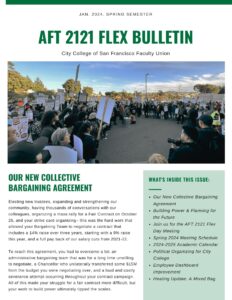
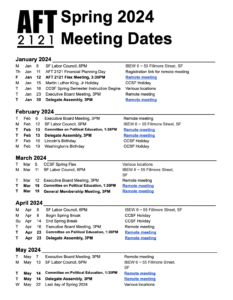
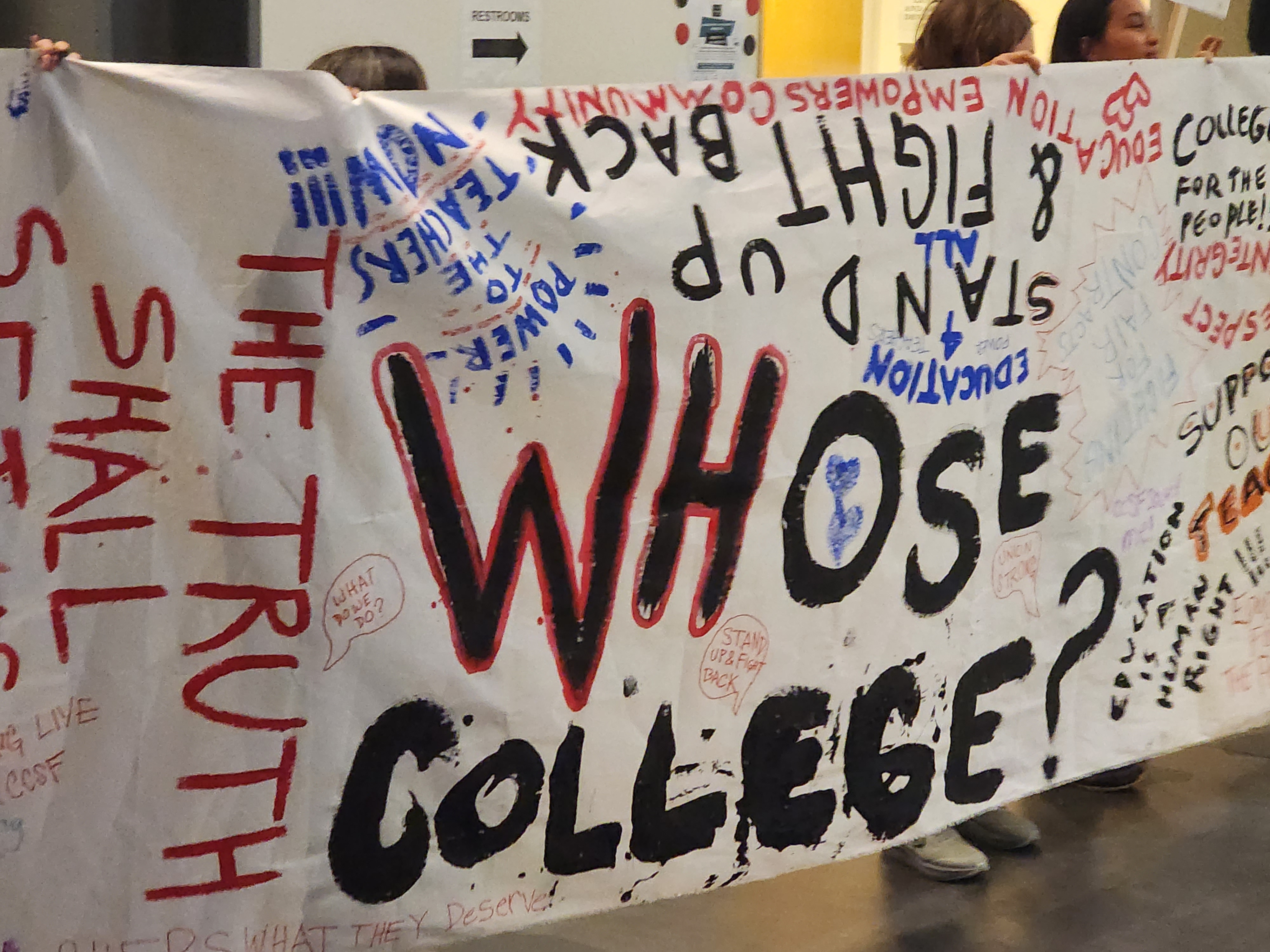
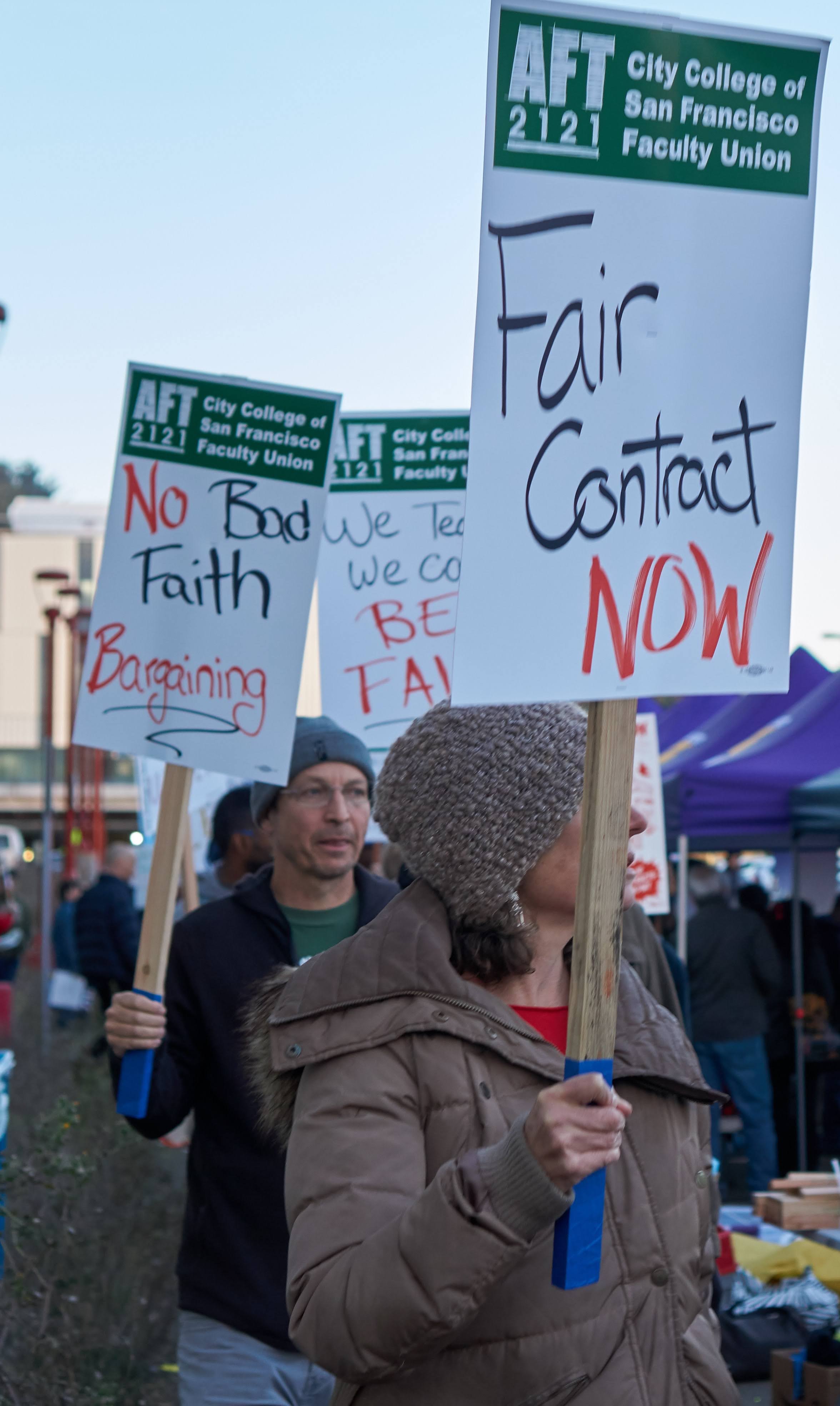
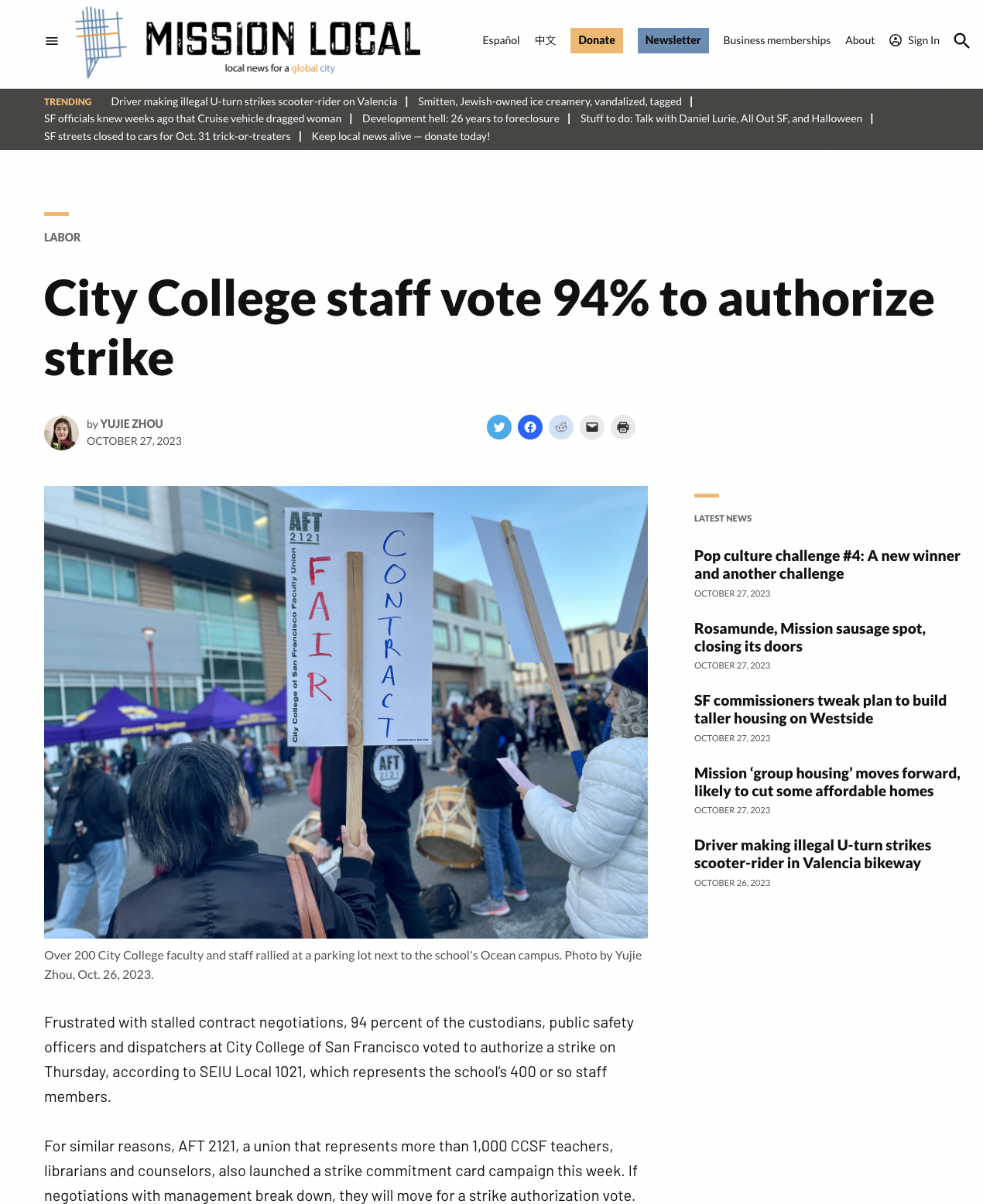
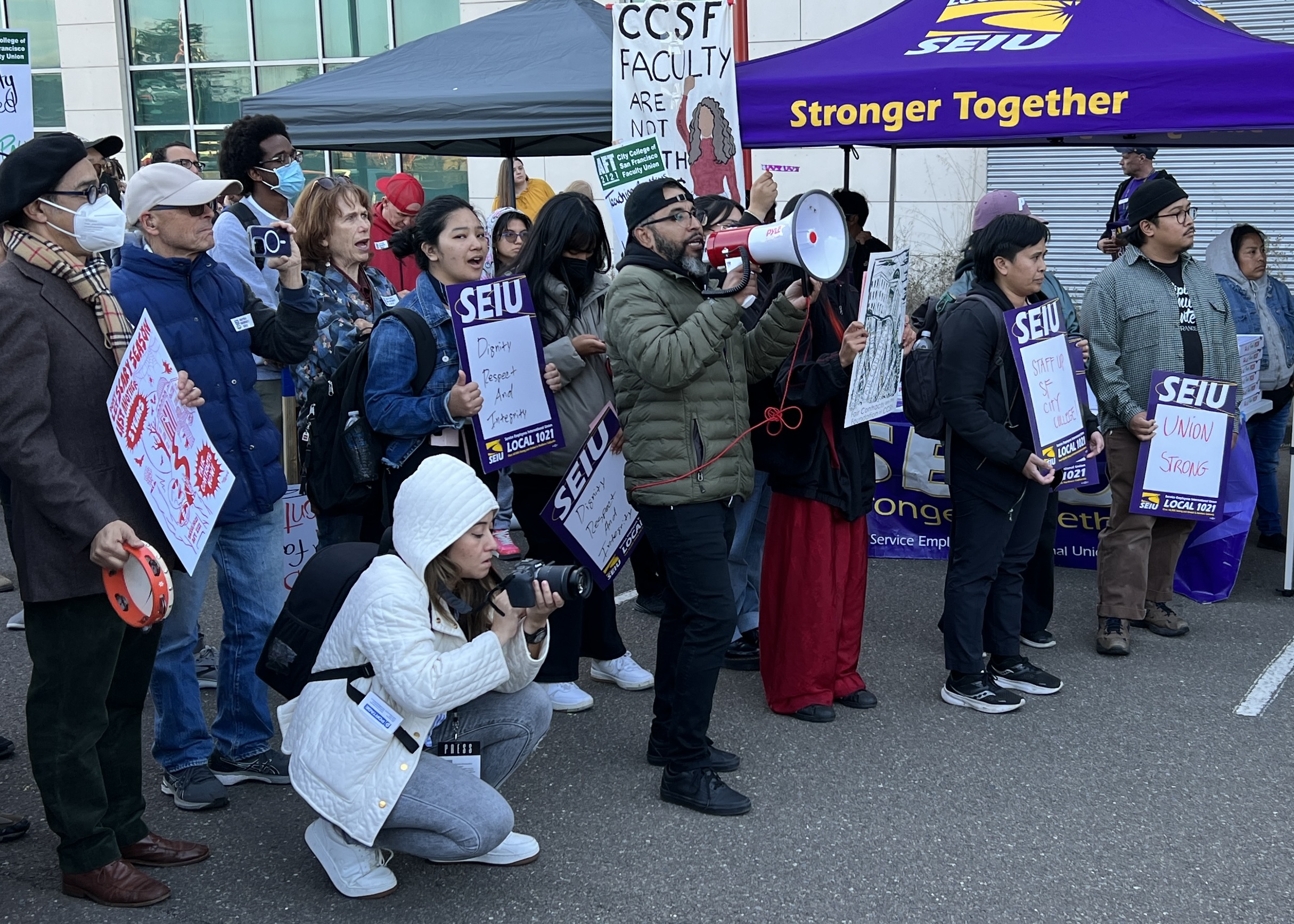
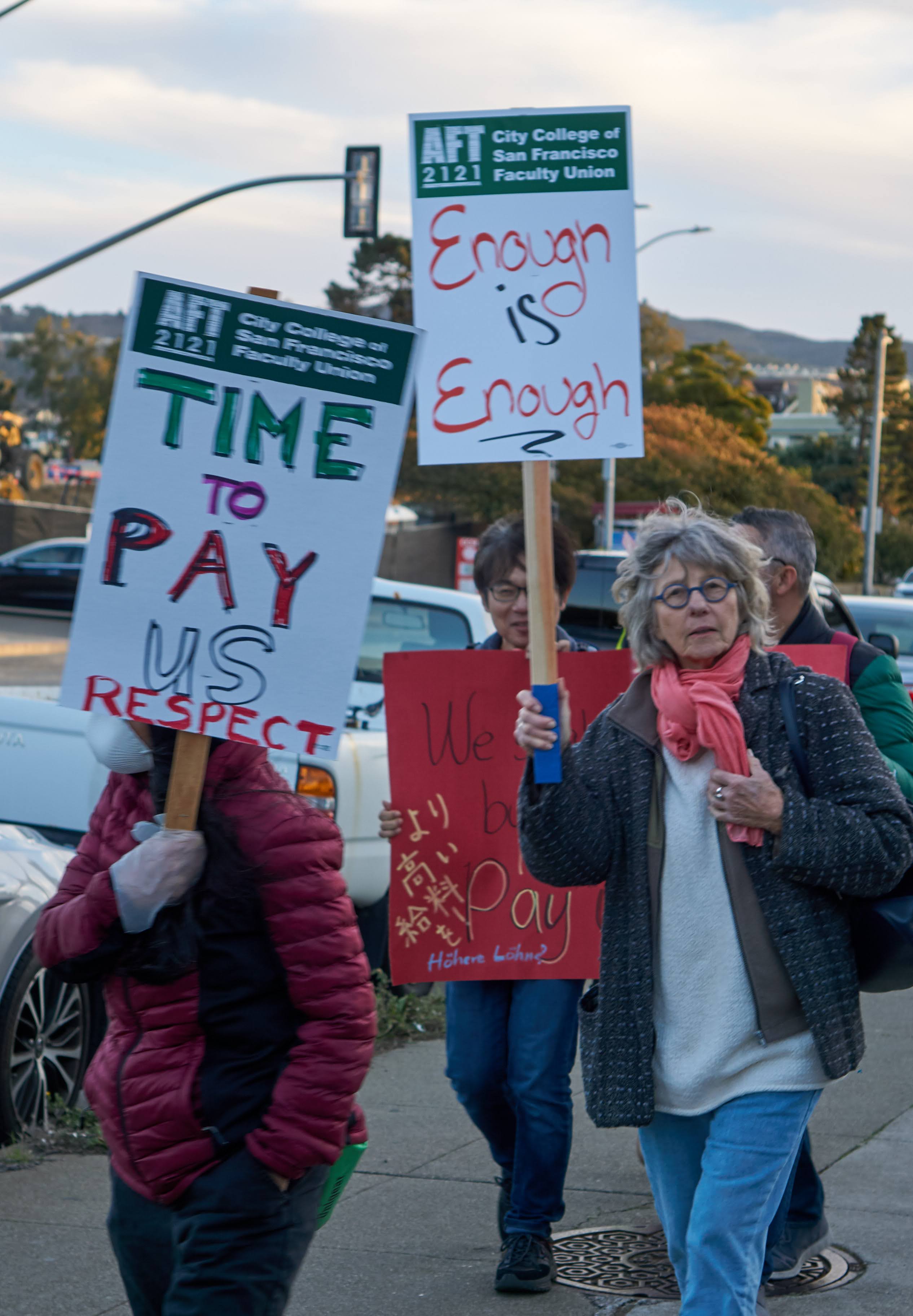
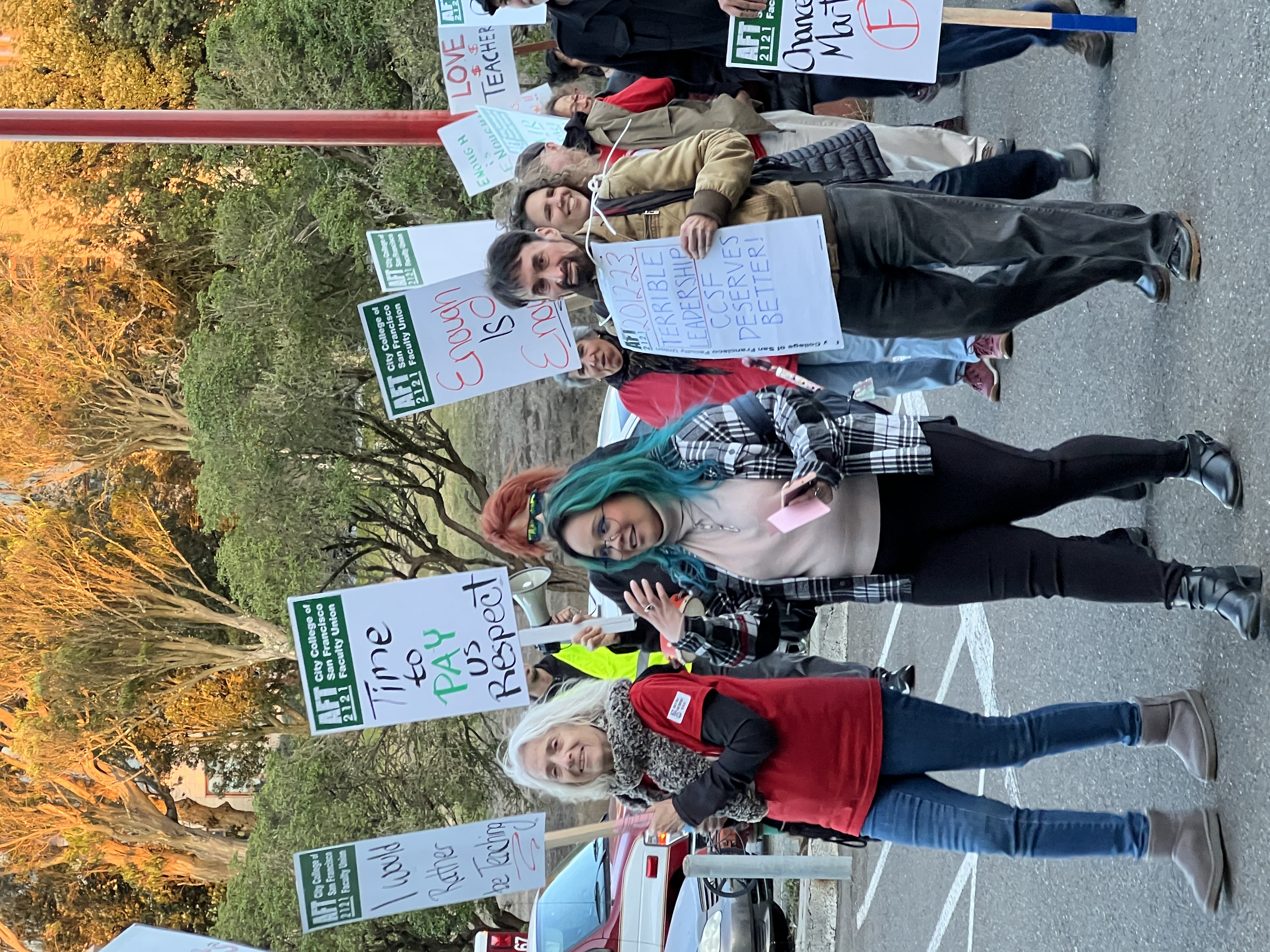
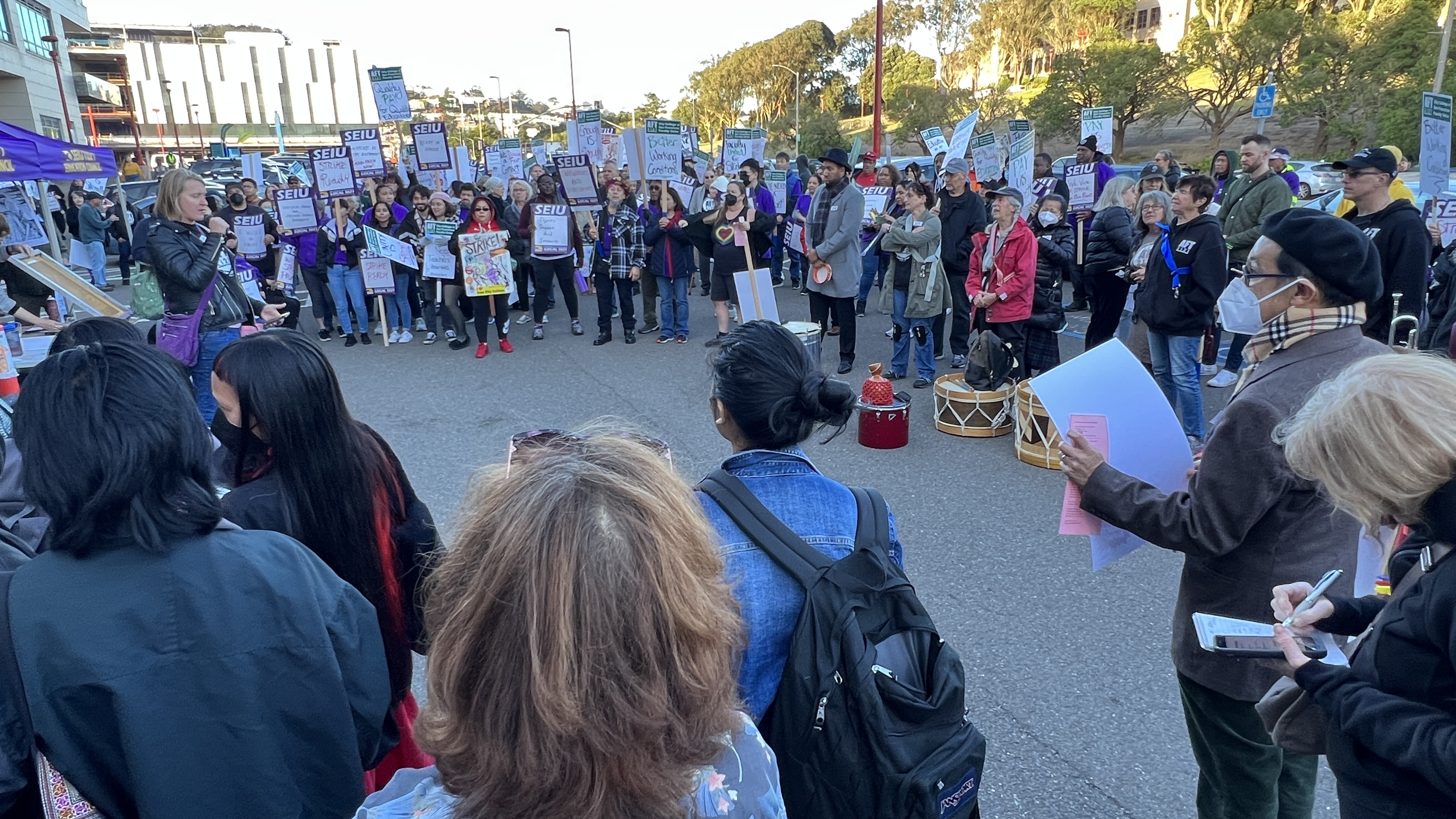
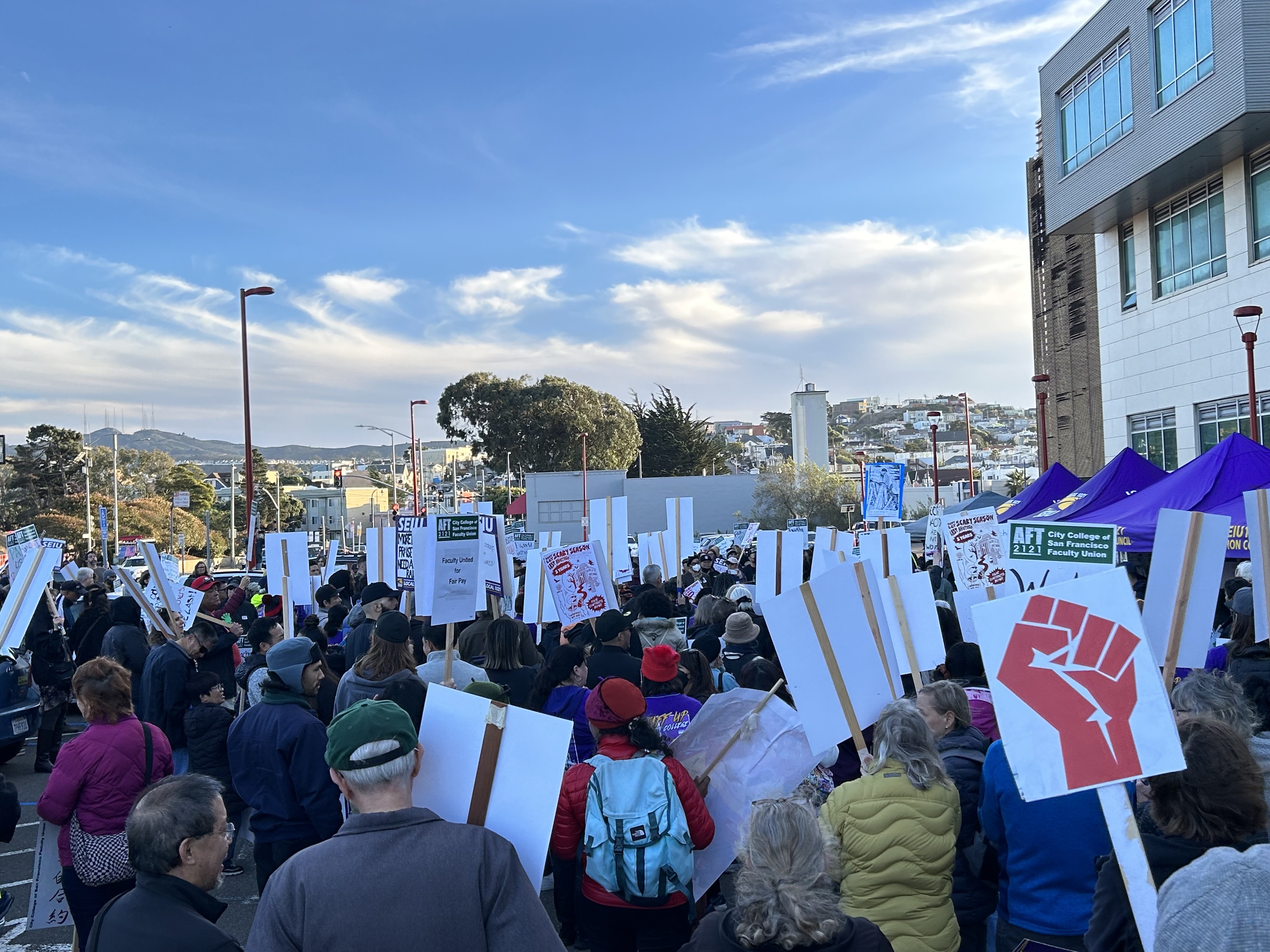
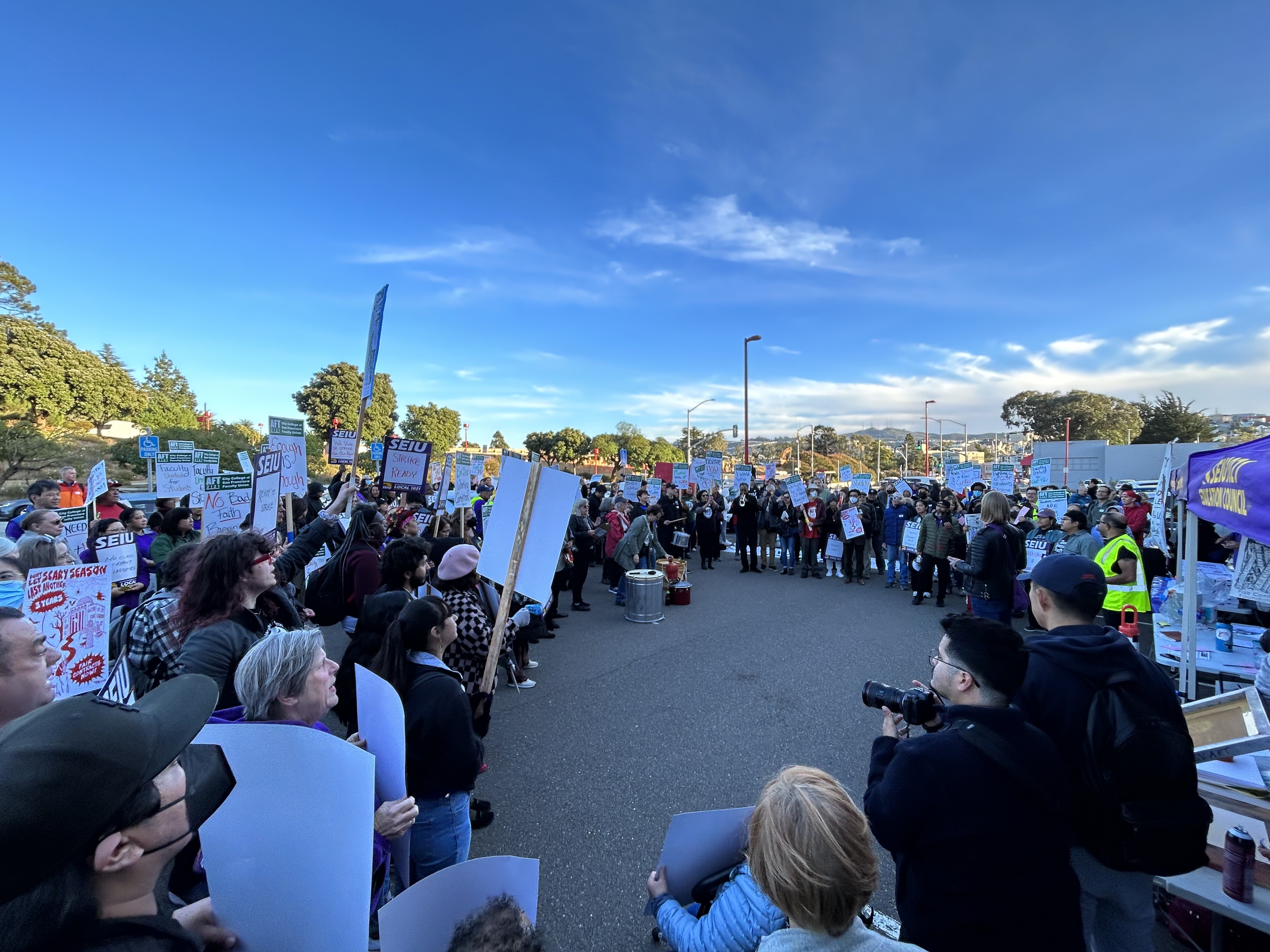
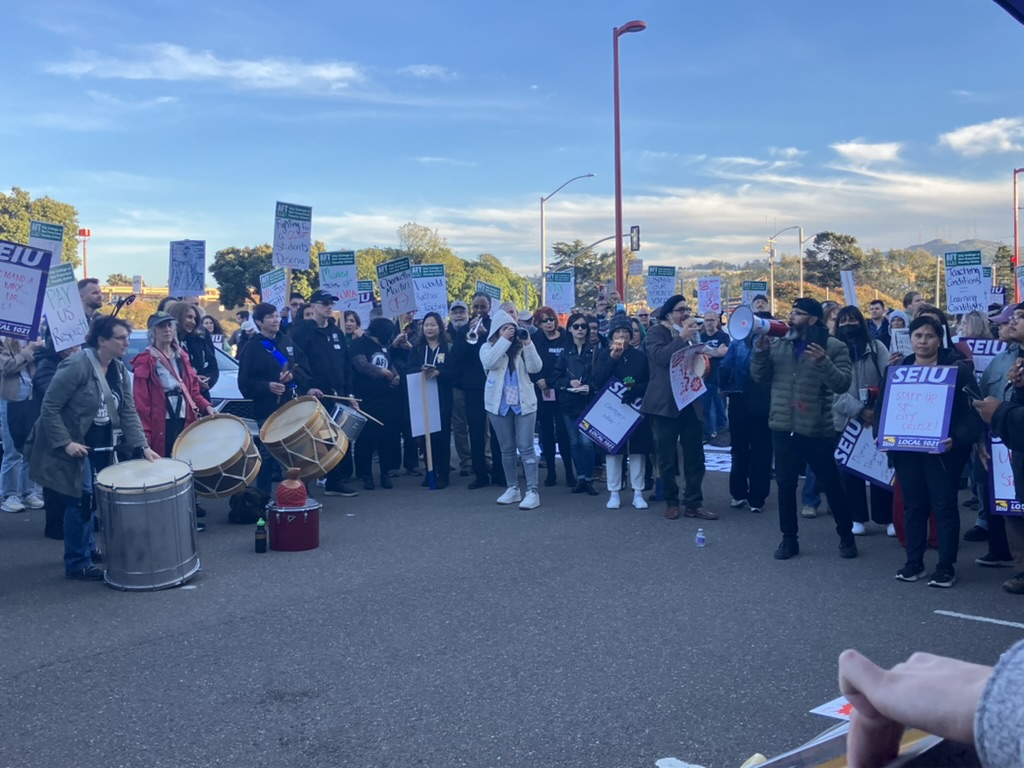
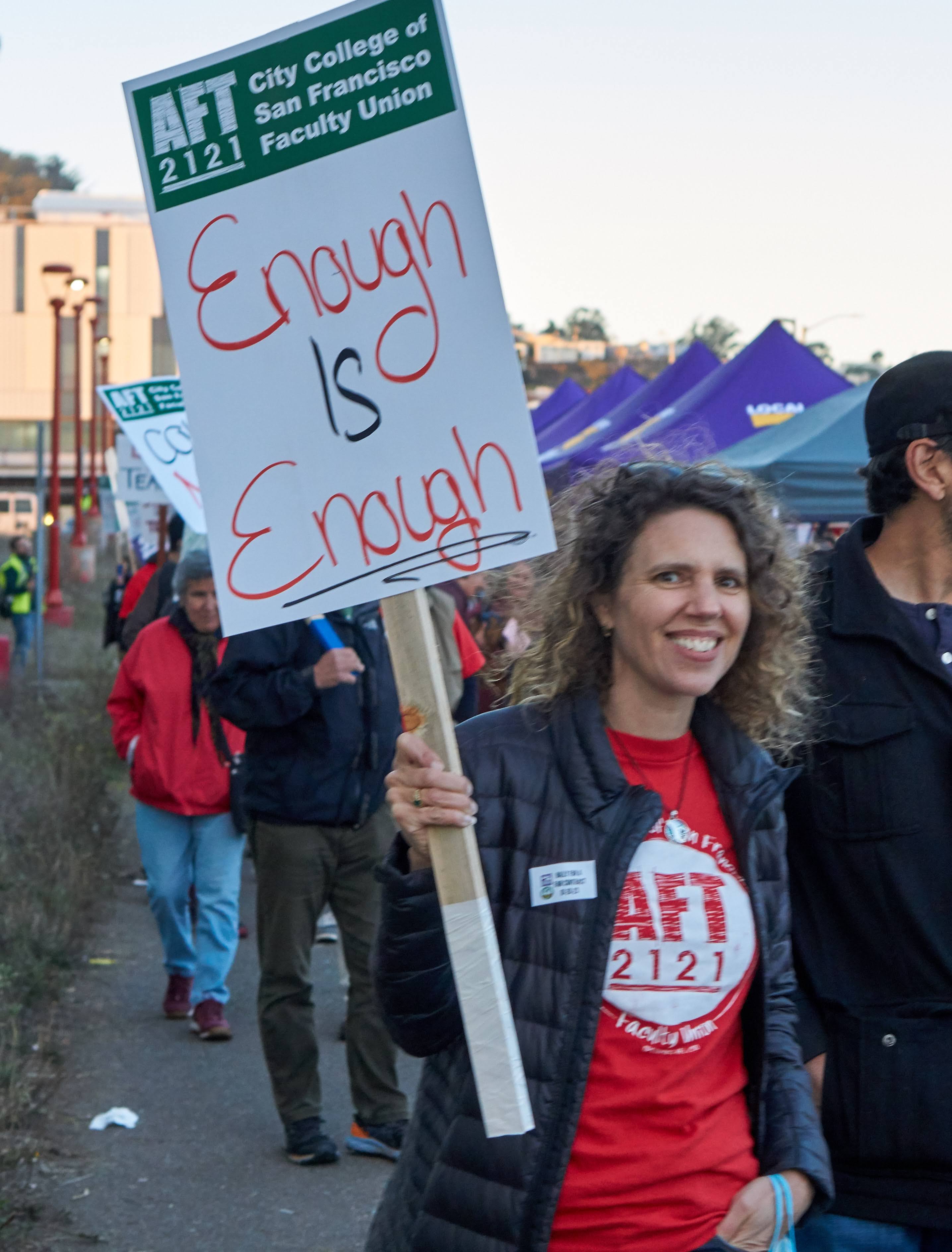

Follow Us!